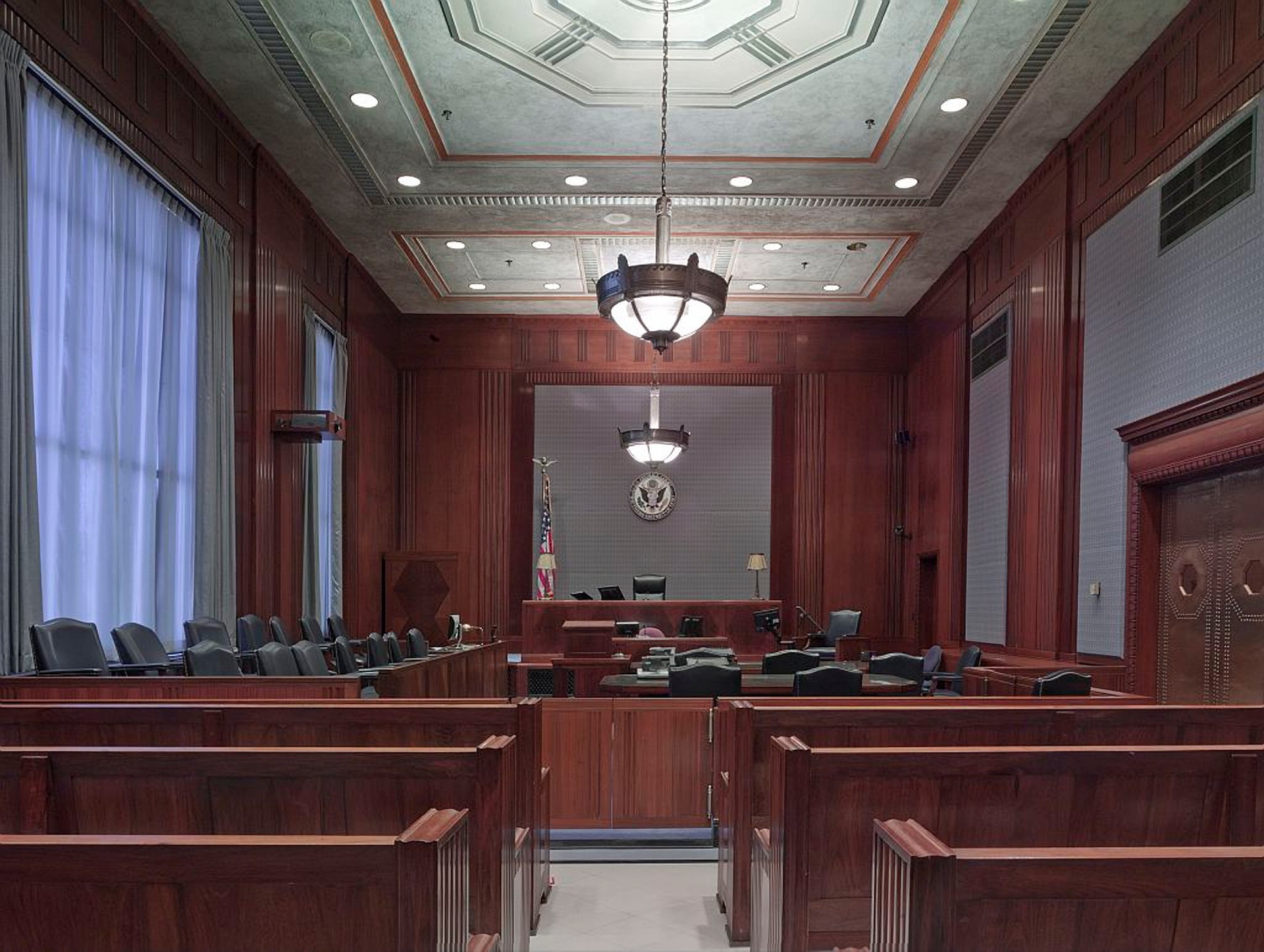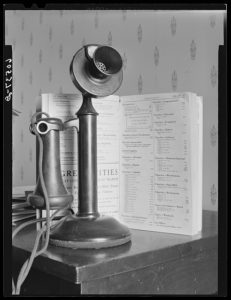In the United States, the legal system is divided into two main categories: federal and state.
Federal courts have jurisdiction over cases that involve federal laws, the United States Constitution, and disputes between citizens of different states. State courts, on the other hand, have jurisdiction over cases that involve state laws, state constitutions, and disputes between citizens of the same state.
Some examples of cases that would be heard in federal courts include:
- Cases involving violations of federal laws, such as cases involving securities fraud, antitrust violations, or civil rights violations. Some criminal cases are prosecuted by the federal government, such as bank robberies, multi-state drug crimes, and kidnappings.
- Cases involving disputes between citizens of different states or countries, where the amount in dispute exceeds a certain threshold.
- Cases involving the United States government or its agencies, such as cases involving taxes, immigration, or federal regulations.
- Cases involving the United States Constitution or federal treaties.
- CLASS ACTIONS
- BANKRUPTCIES
Some examples of cases that would be heard in state courts include:
- Cases involving violations of state laws, such as cases involving personal injury, property disputes, or criminal offenses.
- Cases involving disputes between citizens of the same state, where the amount in dispute does not exceed the federal threshold.
- Cases involving state constitutions or state regulations.
- Small Claims, Evictions, Employment disputes etc.
It’s worth noting that there are some cases that could be heard in both federal and state courts, such as cases involving both federal and state law. In these cases, the parties may have the option of choosing which court to file their case in.
Federal Court Records can be found online using PACER or RECAP:
Federal Court records are online. You can access federal court records via the US Government’s PACER system or you can try to find the case you are looking for on the non profit Free Law Project’s RECAP database.
Finding federal court records online can be done through the Public Access to Court Electronic Records (PACER) system, which is the online portal used by the federal court system in the United States to provide access to court records. Here’s how to find federal court records online using PACER:
- Register for a PACER account: To access federal court records online, you must first register for a PACER account. You can do this by visiting the PACER website (https://www.pacer.gov/) and clicking on “Register for an Account” at the top of the page. Follow the instructions to create an account.
- Search for court records: Once you have a PACER account, you can search for federal court records by using the PACER Case Locator (https://pcl.uscourts.gov/pcl/index.jsf). You can search by case number, party name, or other criteria.
- Pay for records: PACER charges a fee for accessing court records online. The fee is currently $0.10 per page, with a maximum charge of $3.00 per document. You can pay for records using a credit card or by setting up a prepaid account with PACER.
- Download records: Once you have located the court records you are looking for and paid any necessary fees, you can download the records from the PACER website. Records can be downloaded in PDF format.
Note that not all federal court records are available through PACER, and some records may be restricted due to privacy concerns or other reasons. Additionally, some federal court records may be available through other online resources, such as the National Archives and Records Administration (NARA) or individual court websites.
The RECAP archive of federal court cases is a project of the Free Law Project.
RECAP is a free browser extension developed by the Free Law Project, a nonprofit organization that aims to provide free access to legal information and support open legal data initiatives. The RECAP extension is available for Chrome, Firefox, and Safari web browsers and is designed to improve access to public court records.
You can also access the Recap feature directly by visiting the Free Law Project’s website at https://www.freelawproject.org/recap/.
RECAP works by automatically downloading public court documents that are accessed through the PACER system, the online portal used by the federal court system in the United States to provide access to court records. When a user accesses a document on PACER, RECAP automatically downloads a copy of the document and adds it to a free, publicly available repository hosted by the Free Law Project.
The goal of RECAP is to make public court documents more accessible and easier to find. By creating a free, searchable repository of public court documents, RECAP helps to promote transparency in the judicial process and support open access to legal information.
It’s worth noting that not all court documents are available through RECAP, as some documents may be restricted due to privacy concerns or other reasons. Additionally, while RECAP is designed to work with the PACER system, it is not affiliated with the federal court system and is operated independently by the Free Law Project.










